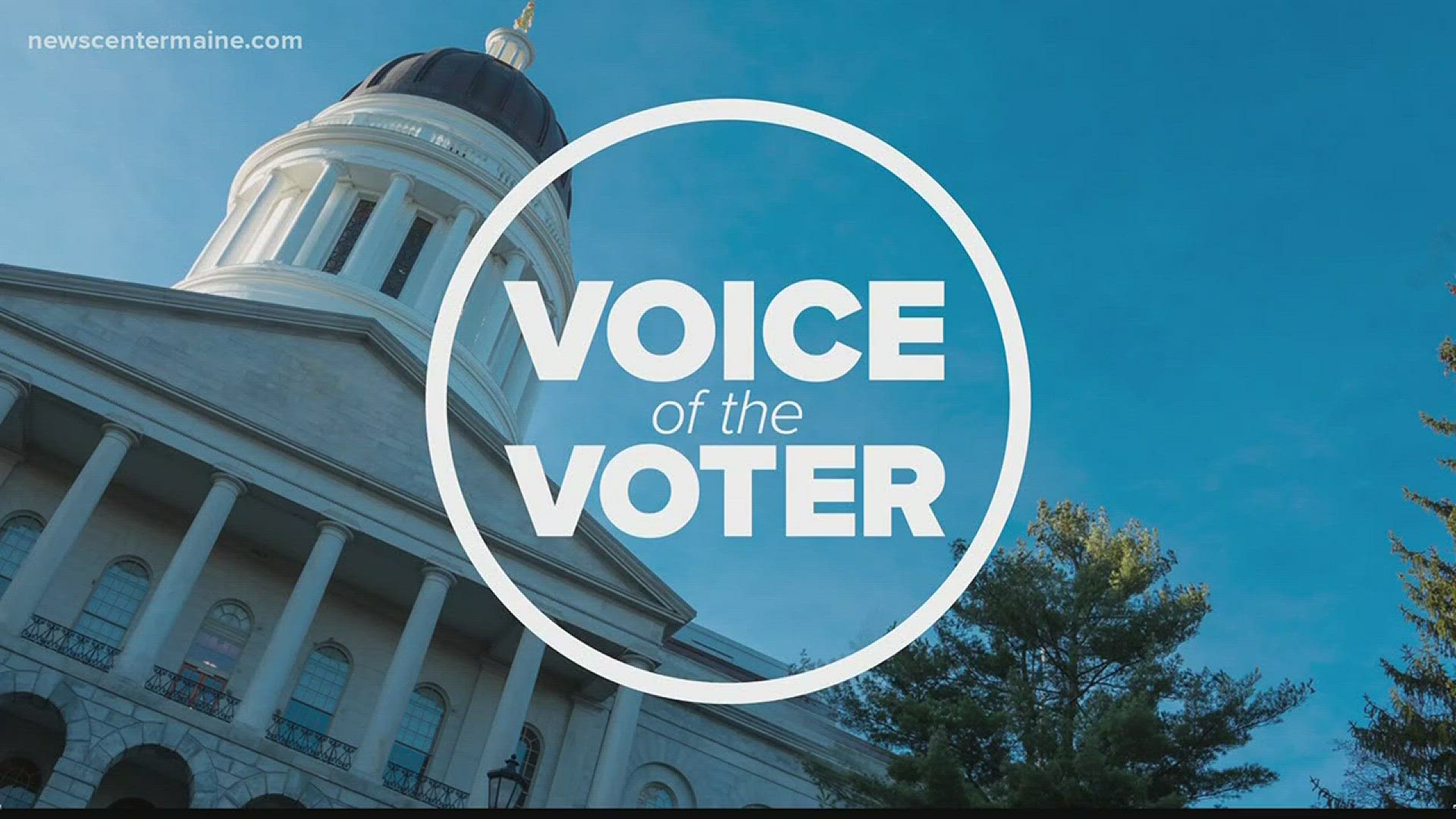AUGUSTA (NEWS CENTER Maine) — It looks like Maine’s political primaries in June are likely to be decided by ranked choice voting. Supporters of the controversial voting method brought thousands of petition signatures to Augusta on Friday to force a new referendum vote to keep the law in effect.
Ranked choice voting (RCV) was passed by Maine voters by referendum in 2016, but the Maine Supreme Court said the law is unconstitutional, as it applies to statewide elections for governor and members of the Maine Legislature. The legislature was unwilling to change the constitution, so supporters demanded it be implemented for party primaries and federal candidates.
Instead, lawmakers voted in October to delay RCV for three years to give more time for a fix, but if the constitution hadn’t been changed by then the law would be repealed. That led supporters to launch the people’s veto petition to block what the legislature did and force another referendum vote in June.
At a Statehouse rally Friday afternoon, supporters cheered the success of the latest petition effort and said its the process Maine people want.
► PHOTOS: Mainers petition for RCV
"We cannot and will not allow special interest to rule the state of Maine," said petition leader Kyle Bailey. "The state of Maine belongs to we the people, not to Augusta politicians grabbing power."
Now the secretary of state will verify the signatures. RCV supporters say they collected 80,000 signatures on the petitions, although the Secretary of State’s Office said its initial review showed just over 72,000. They need roughly 61,100 to get on the ballot.
If they are successful, ranked choice voting will be used for the June primary.
That presents a major challenge for the secretary of state’s staff, which manages and oversees elections. Secretary of State Matt Dunlap said Friday they have been making plans and preparations, but will need an infusion of money from the legislature — as much as $1.5 million — to pay for the technology to count all the RCV ballots.
Secretary Dunlap said the new process will bring a lot of changes, including how long it takes to count the votes.
"Now a reasonable time frame isn’t going to be five minutes after eight o’clock on primary night," Dunlap said. “Depending what the resources are, we can obtain, we could see results in a day or two. If we don’t see resources it could be weeks."
Resources, he said, mean money from the legislature to fund the RCV system, especially for several hundred towns that still count ballots by hand.
"We can certainly do it," Dunlap said," and if the [people’s] veto is successful we have no choice we will have to do it."

